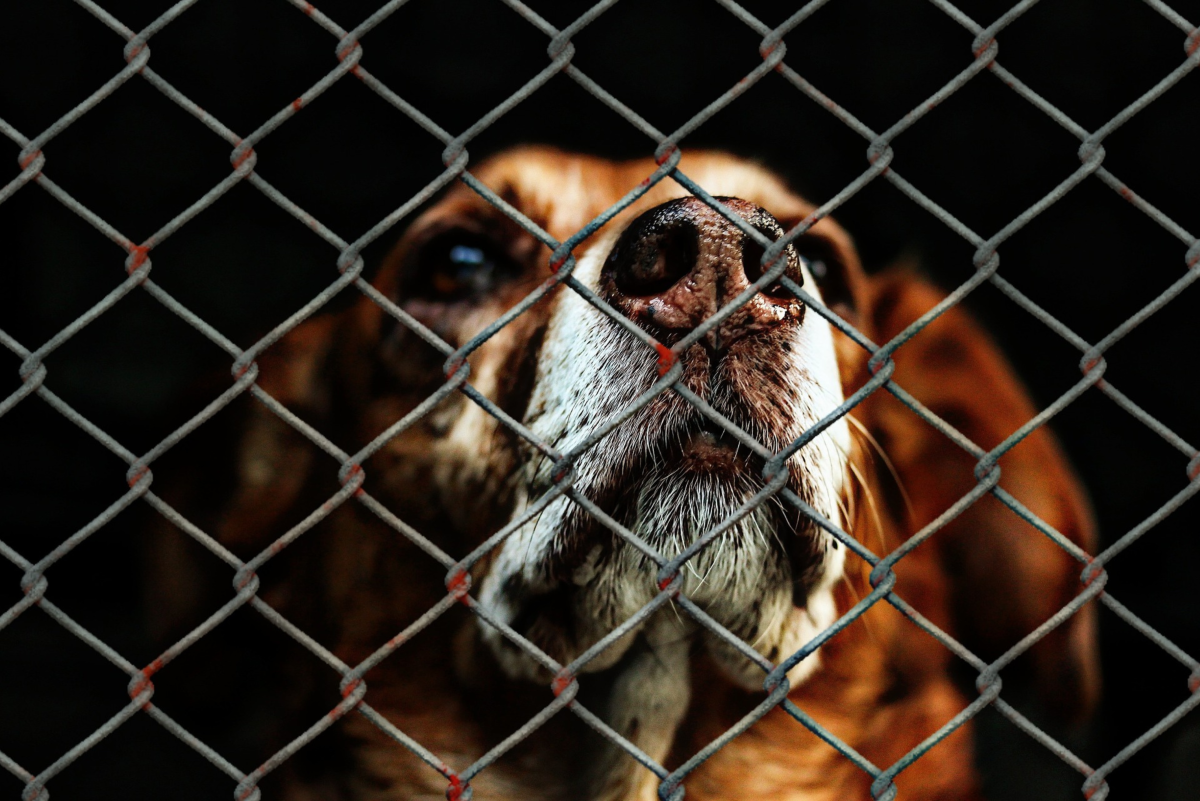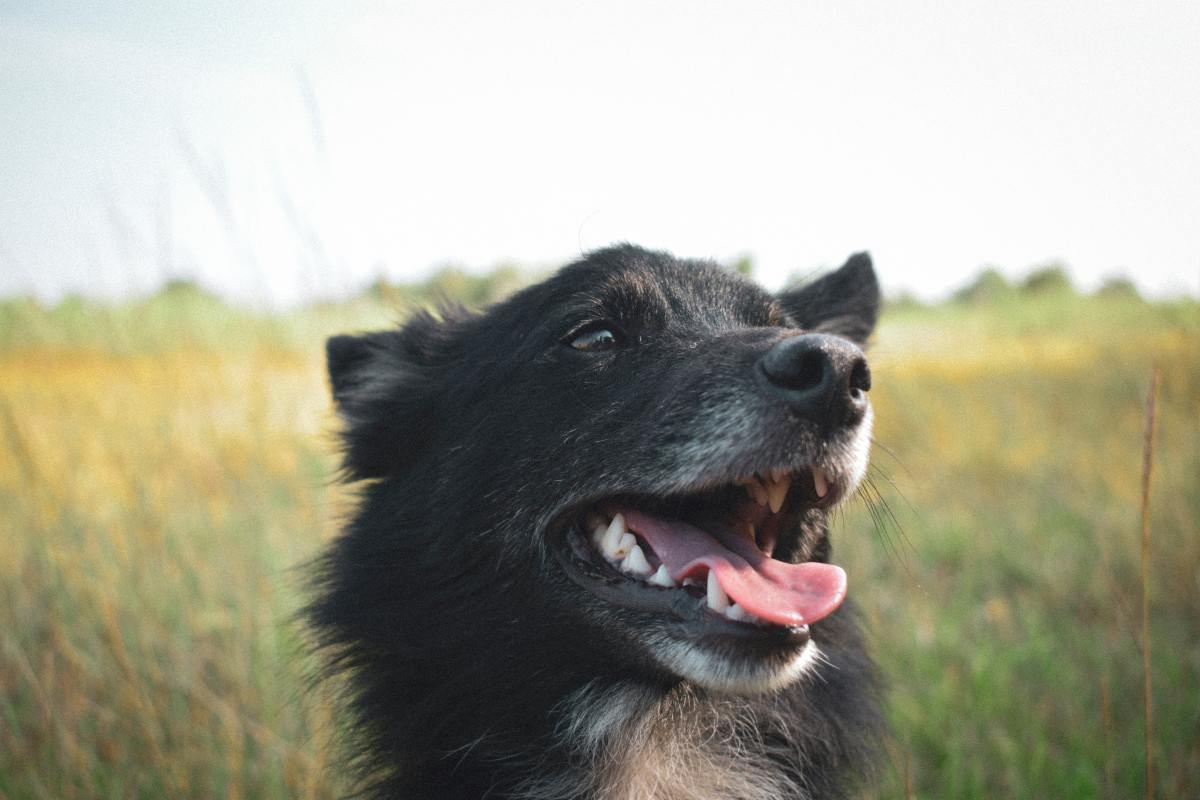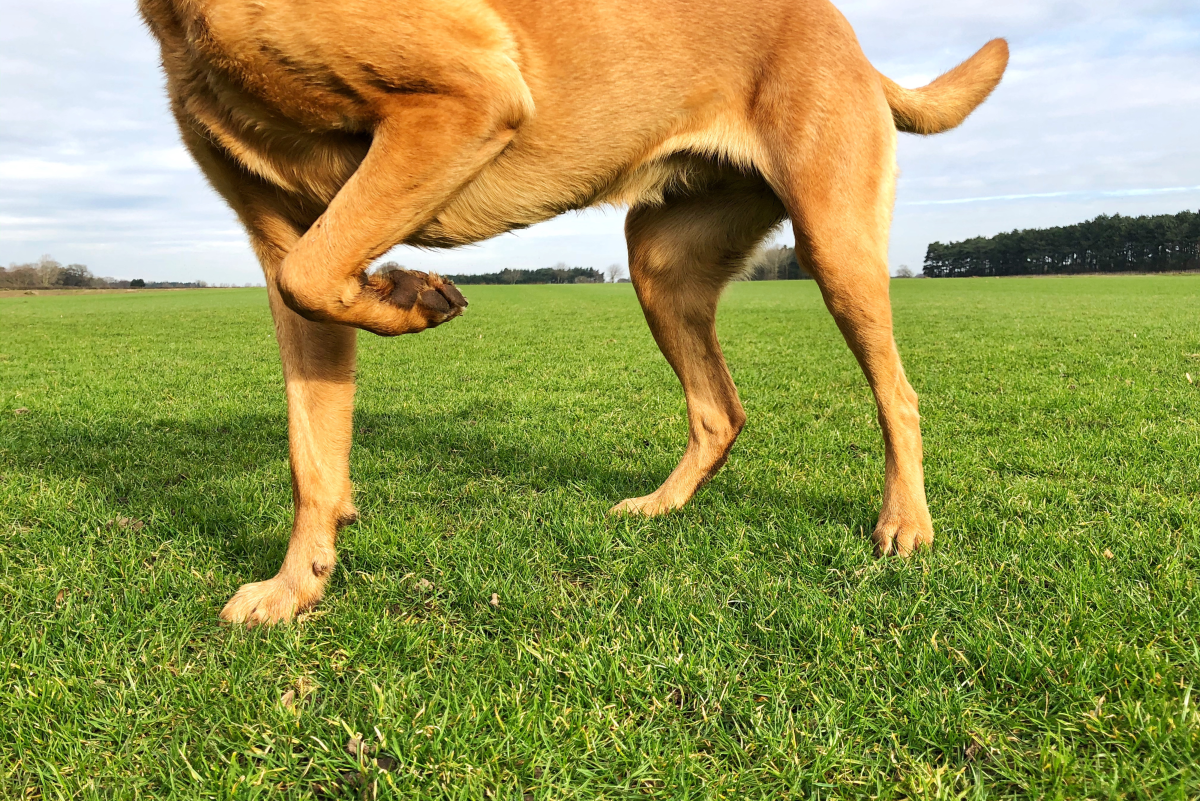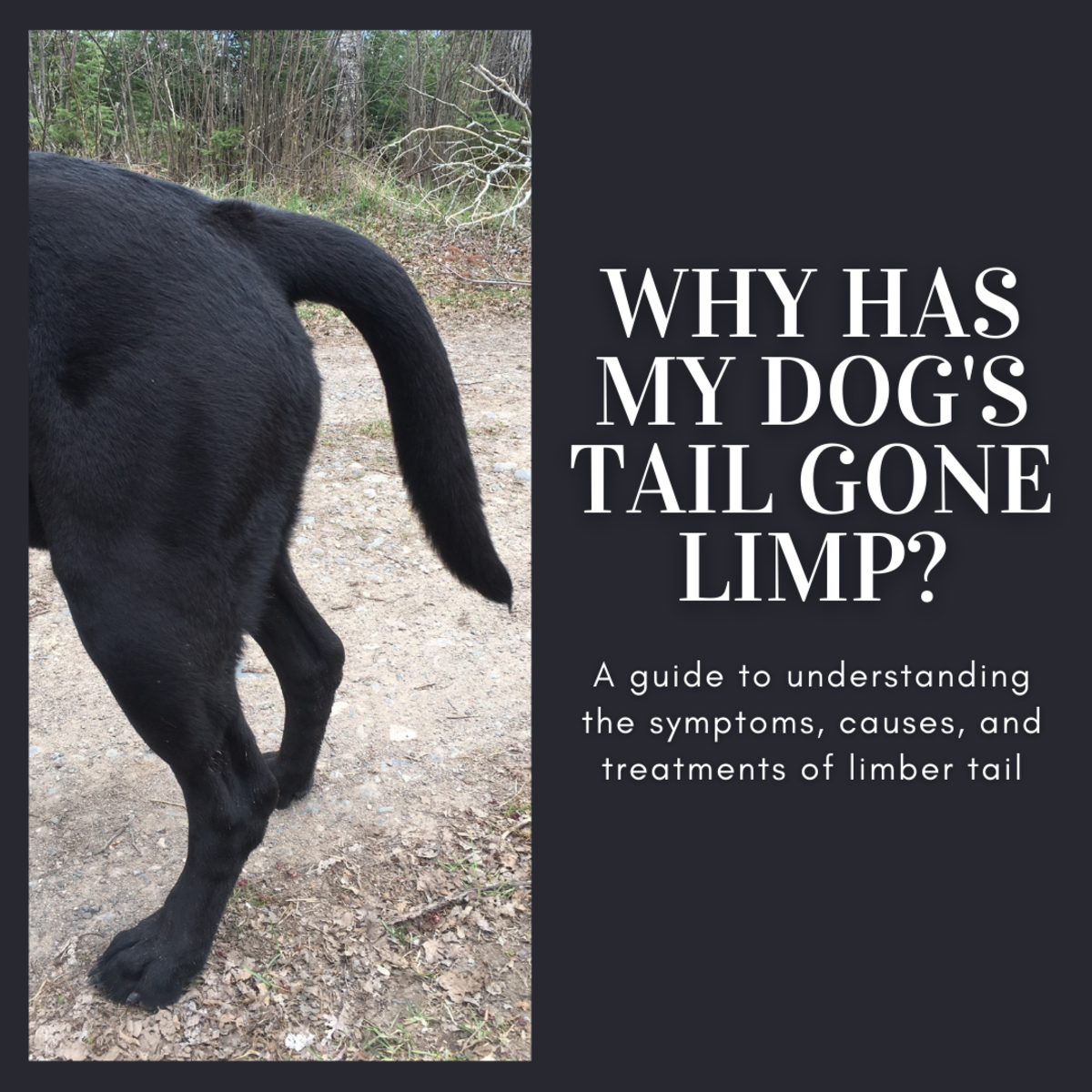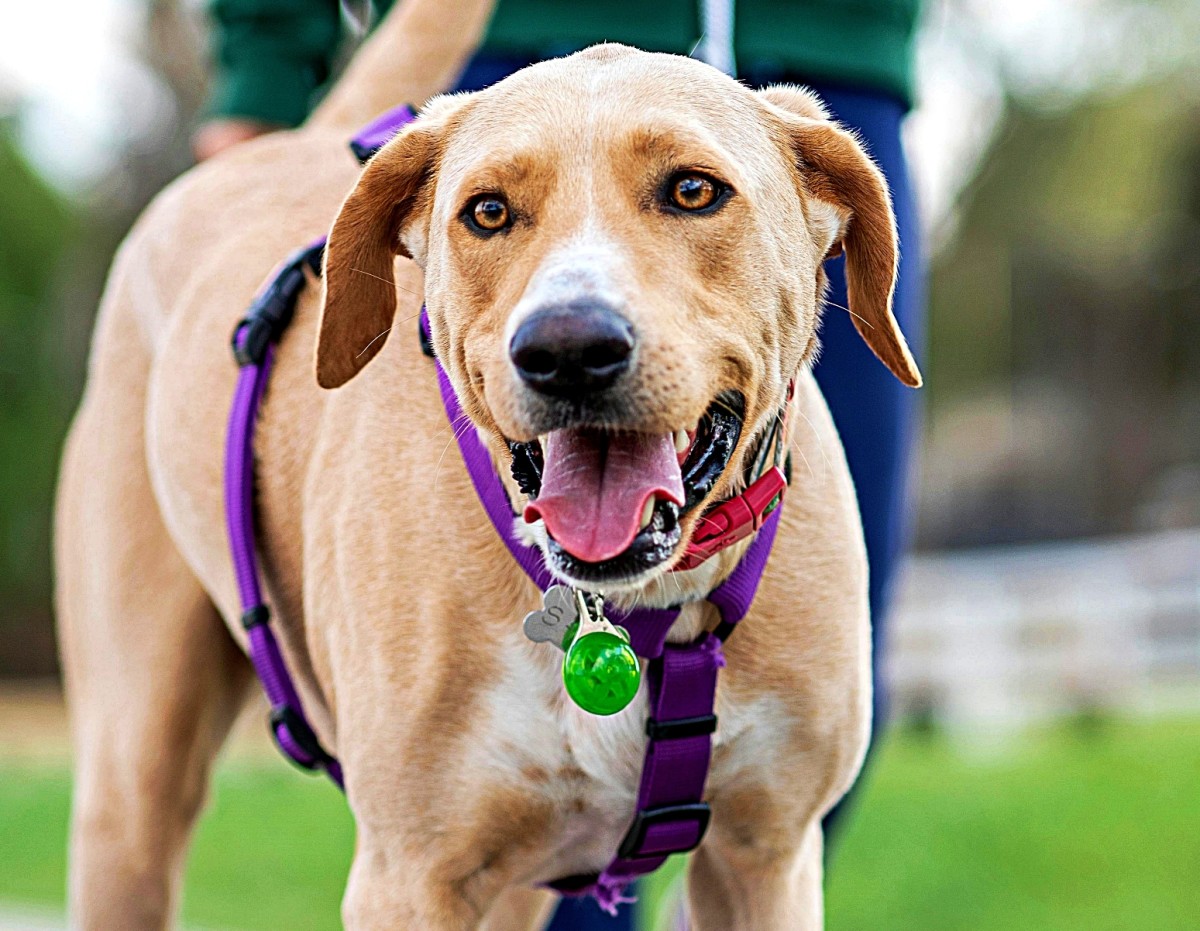Should I Vaccinate My Dog Against Bordetella? 7 Facts About the Kennel Cough Shot for Dogs
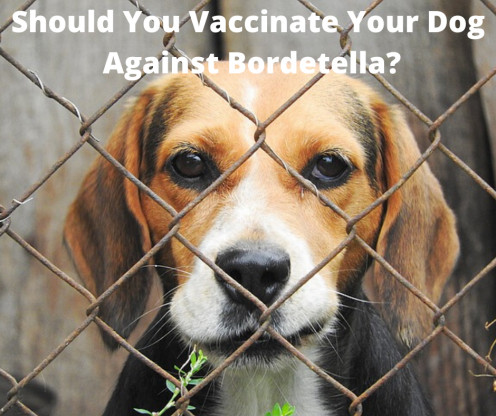
What Exactly is Dog Bordetella?
Also known as kennel cough, or canine infectious tracheobronchitis, bordetella is a highly contagious upper respiratory infection in dogs caused by the bacteria bordetella bronchiseptica and often a combination of other viruses such as parainfluenza virus.
The term kennel cough was coined because this condition can be quickly spread in dogs kept in close quarters such as when boarded in a kennel or shelter.
Just as in the common cold in humans, this condition is spread through airborne droplets containing viruses and bacteria which are dispersed when the animal is sneezing and coughing. However, contact with contaminated surfaces (fomites) may expose the dog as well to these viruses and bacteria .
The incubation period is typically 3 to 4 days but can be up to 10 to 14 days. This is the time between exposure to the bacteria and the onset of symptoms.
Treatment generally consists of a course of antibiotics if there is a bacterial infection. Cough suppressants are often prescribed. Affected dogs may be ill up to 3 weeks, but it may just last between 4 and 14 days.
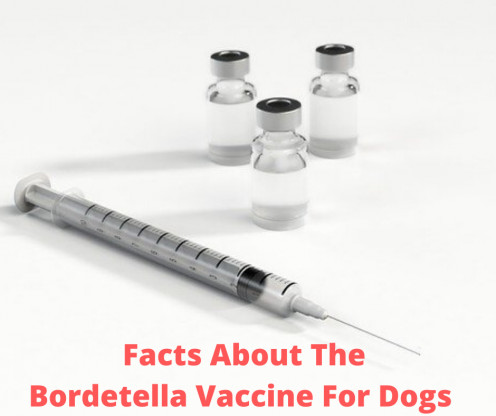
7 Facts About The Bordetella Shot for Dogs
Should you vaccinate your dog against kennel cough? If you are debating about getting this shot, you may find it helpful learning as much as you can. Here are some interesting facts about the bordetella short for dogs you need to be aware of.
1) It's a Non-Core Vaccine
The bordetella shot is a non-core vaccination. What this means is that this shot isn't categorized as a core vaccine such as parvo, distemper and rabies which is typically recommended for all puppies and dogs because of a its significant morbidity and high mortality rates.
However, dog kennels, grooming centers, training facilities and day care centers may require that you provide proof of this vaccination in order for you to use their facilities and services.
2) It Can Be Given in Three Ways
The bordetella shot has been know for being given in two ways: by injection under the skin or intranasally by squirting the vaccine up the dog's nostril.
Puppies as young as 3 weeks of age can get the intranasal vaccine (maternal immunity does not interfere with it), while the injection form can be given around 8 and 16 weeks of age.
Lately, there is a third form given through intra-oral delivery, basically given orally. The first oral Bordetella bronchiseptica and canine parainfluenza virus vaccine is expected to become available for U.S. veterinary clinics in fall 2022.
This vaccine is thimerosal-free and contains no preservatives. It is delivered easily by simply misting the vaccine towards the back of the dog's mouth.
3) It May *Not* Prevent Kennel Cough
You vaccinate your dog in hopes of preventing diseases, but what if you learned that vaccinations aren't that effective as thought? Vaccination often gives people a false sense of security, when there's nothing really 100 percent effective.
Of course, this doesn't mean you shouldn't vaccinate your dog--core vaccines have dramatically helped reduce deadly diseases, it just means that you must be aware of the fact that no vaccine is fail proof.
In the case of bordetella, consider that there are at least forty different agents capable of causing Bordetella. Only a few of these agents are contained in the vaccine, therefore, the Bordetella vaccine is ultimately a shot in the dark (pun intended!). This explains why immunology specialist Dr. Ronald Schultz claims: “Kennel Cough is not a vaccinatable disease.”
4) The Vaccine May Cause Kennel Cough- Like Symptoms
It may be surprising to learn that the annoying symptoms you are vaccinating your dog against in the first place, may pop up right after the vaccination!
According to the World Small Animal Veterinary Association (WSAVA), “Transient (3–10 days) coughing, sneezing, or nasal discharge may occur in a small percentage of vaccinates.” While unlikely, it's good to be informed about this.
5) It's Mostly For Dogs Who Congregate Closely
Generally, this vaccination is for dogs who are congregated together in tight spaces and in close quarters. The lack of good ventilation, potential poor sanitation, along with overcrowding and stress are the triggers.
It's just like the human cold which is likely transmitted to people at the workplace where dozens of people are exposed to each other in a small office area and those with a compromised immune system are those who quickly get sick.
So why do kennel owners, trainers, day care owners and groomers ask for proof of vaccination? Most likely, it's more of a liability issue. They are concerned that you may take the legal route and sue them for causing their dogs to become ill.
This is why when owners decline vaccinations for their dogs, the word declined is put in their medical chart. It's proof that they were made aware of the risks involved of not vaccinating so they are fully responsible should their un-vaccinated dog get sick. Because, yes, we live in a litigious society, and it has happened in the past that somebody threatened to sue a vet for not informing them about the risks in not vaccinating a dog for certain diseases.
Note: if a kennel owner is very strict, you can always ask if he's open to make you sign a a waiver where you state you were made aware of the risks your dog could get kennel cough, and that you accept those risks of your dog falling ill.
4) It's *Usually* a Self-Limited Disease
There 's a good reason why the kennel cough vaccination isn't categorized as a core vaccine. Kennel cough sounds worst than what it is. In reality, it's the canine equivalent of a cold.
Affected dogs develop a cough, which can be annoying but the good news is that it usually resolves within a couple of weeks-but of course there are always exceptions to the rule.
5) It Can Lead to Pneumonia
In most cases, dogs affected by kennel cough develop inflammation of the voice box and windpipe which leads to a dry, hacking cough accompanied by sneezing, snorting, retching and even gagging followed by coughing up of a white, foamy phlegm.
These symptoms are often more prominent when the dog is excited or after exercise. Slight pressure over the trachea area may also trigger a bout of coughing.
As much as these symptoms may appear self-limited, in some cases, the cough may evolve and develop into pneumonia.
6) It Doesn't Work Right Away!
Be wary of kennel owners who tell you to vaccinate your dog a day prior to boarding. Keep in mind that it takes time for vaccinations to be effective. If your vet gives the shot under the skin is may take at least 5 days and up to 10-14 days for it to be effective before potential exposure.
If your vet gives the intranasal form though consider that it may result in quicker protection, explains veterinarian Dawn Ruben in an article for Pet Place.
7) Your Dog Was Likely Already Exposed to it
Get ready for this: most likely than not, your dog has been already exposed to bacteria and viruses known for causing kennel cough. If your dog has ever stepped into a vet clinic, most likely he was already exposed to Bordetella bronchiseptica and Parainfluenza.
Yes, staff will clean and disinfect examination tables right after each visit and floors at the end of the day, but dogs can still be exposed to bordetella at the vet, just as you can be exposed to germs known for causing colds at a hospital.
Also, keep in mind that a recently vaccinated dog may shed bacteria for seven weeks in the case of bordetella and for one week in the case of parainfluenza.
Most pet dogs that do not live in breeding kennels, are not boarded, do not go to dog shows and have only occasional contact with dogs outside their immediate family, rarely need to be vaccinated or re-vaccinated for kennel cough.”
— Ronald Schultz, professor and chair of pathobiological sciences at School of Veterinary MedicineThe Bottom Line
As seen, there are several interesting facts about the bordetella shot that are not well known. Hopefully, you'll be able to make an informed decision about your pet without putting his health at stake.Considering the dog's likelihood of exposure, age, health status and best interest should be the main practice.
Over vaccination is a serious issue, but it cannot be ignored the fact that certain vaccines have helped keep at bay serious deadly diseases in dogs such as parvo, rabies and distemper. Yet, bordetella seems to not be one of them.
Disclaimer: this article is not a substitute for professional veterinary advice. It's only a summary of my research conducted on the topic. By reading this article you accept this disclaimer.
This dog has kennel cough!
References
- University of Wisconsin-Madison: Schultz: Dog vaccines may not be necessary
- Comparative efficacy of intranasal and oral vaccines against Bordetella bronchiseptica in dogs. John A. Ellis, Sheryl P. Gow, Eileen C Ball, Veterinary journal 2016
-
DVM360: New oral vaccine is launched for prevention of 2 canine respiratory pathogens
Are you concerned about over-vaccinating your dog?
This article is accurate and true to the best of the author’s knowledge. It is not meant to substitute for diagnosis, prognosis, treatment, prescription, or formal and individualized advice from a veterinary medical professional. Animals exhibiting signs and symptoms of distress should be seen by a veterinarian immediately.
© 2013 Adrienne Farricelli CPDT-KA, Dip.CBST

